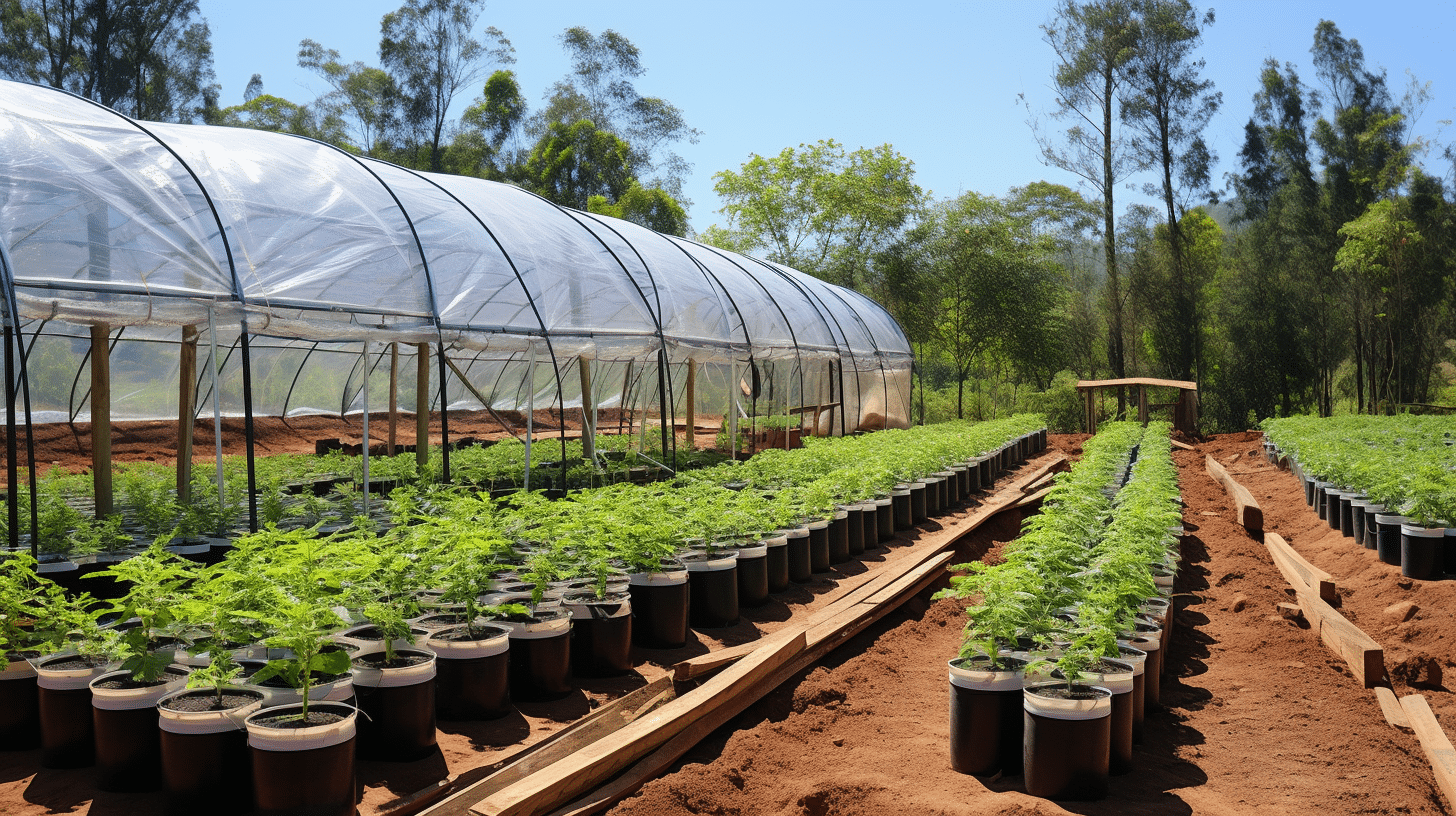The best greenhouse supplier in Kenya is Amiran, it is located in Old airport north road, Box 30327-00100 Nairobi – Kenya, Mobile: 0719 095 000/+254 20 824837. Email: [email protected]. The company has constructed over 90 percent of greenhouses used in the flower farmers and horticulture projects. The company manufactures tailor made greenhouses which are appropriate for the project. The green houses manufactured include coral 11200 and Emerald. The green houses made are perfectly designed for extreme tropical climate, they are covered with polythene film and they are designed to meet international standards which are the ability to withstand wind, the overlapping vent in the green house will prevent rain penetration. With the rising demand of the greenhouses due to more people starting farming projects, farmers should consider the following factors before choosing the greenhouse supplier.
The cost of starting greenhouse project
Since the greenhouse projects are mostly started with the intention of making money, then one should think of how they will manage the project financially. You should be aware about what you will be expected to pay. Some suppliers will quote the price of the green house alone leaving out other essentials like water tank, drip lines and seeds; other will quote the total cost inclusive of all those packages. As a farmer who is after money you should go for the supplier who is giving a complete quote in order to avoid hidden cost and the cost of purchasing the rest of the equipment’s needed. The supplier should give the details of installation, whether they charge the installation or they give the after services for free. In case of new and inexperienced farmers consider technical support before making the final choice of the supplier. Some suppliers will offer the structure and refer you to other suppliers where you will get the materials at an affordable price.
Customer service
Consider the terms of the supplier to know if they offer technical help, some suppliers will offer the service for free while others will charge for the services. It is very important to get information about planting methods, pruning and other essential farming activities. It is good to consult the supplier when you do not have enough expertise in the project you want to start. Farmers are advised to attend training before they start their projects and train their employees to know what they are supposed to do, greenhouse supplier may not have time to train you because their objects is making a sale and after you have closed the deal they will have accomplished their mission.
The structure
Structure of the green house is very important this will include details like the height and the length, make sure you study the demonstration or the showroom. The type of the crop you grow will dictate the size of the greenhouse, like in the case of tomatoes there are those which grow upwards.
Details of the Farm
Factors like the size of the farm and the soil type should be considered before, most greenhouses come with water tanks, the farmer should work out ways of pumping the water to the tank, try to minimize the cost by avoiding using fuel to pump water for this will reduce the profits. The type of the soil can be reduced by using fertilizer or manure which should be added before planting, it is good to do soil testing in order to get the details of soil type, testing of soils is done at KARI at a cost of Ksh. 500.



0 comments